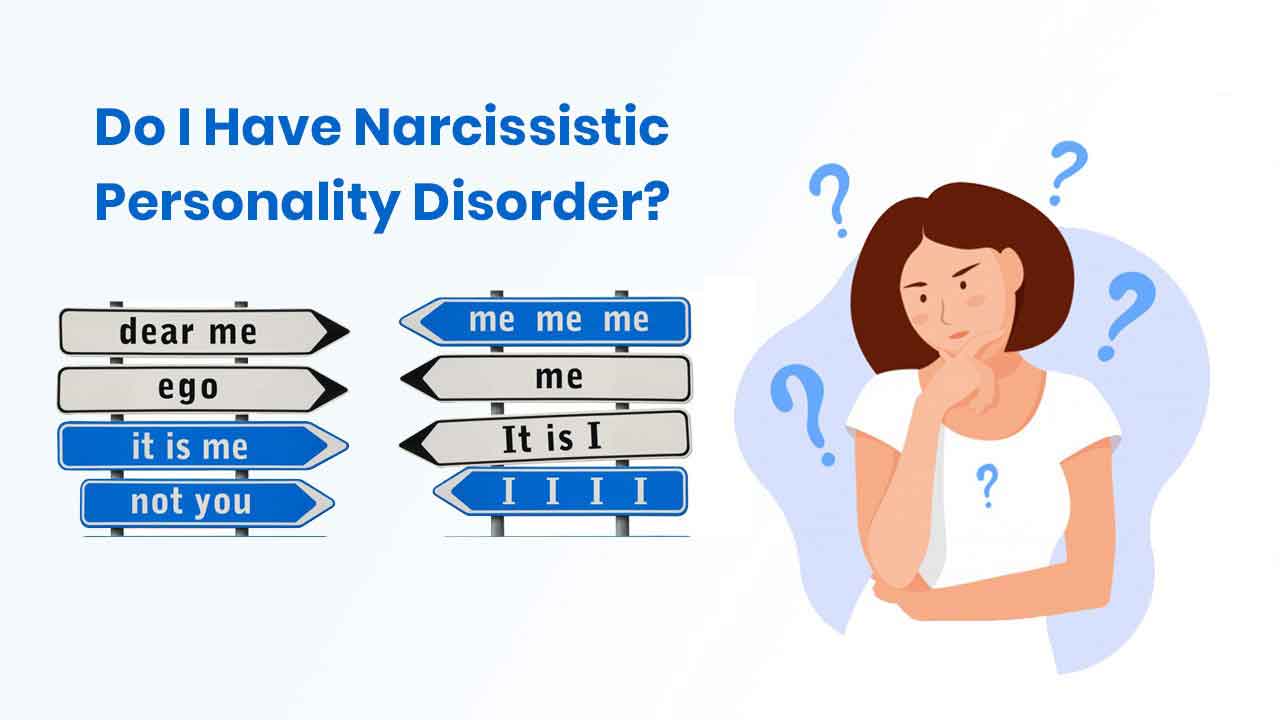Narcissistic Personality Disorder (NPD) is a mental health condition characterized by an inflated sense of self-importance, an insatiable craving for admiration, and a lack of empathy towards others. Those with NPD often perceive themselves as superior to others and hold entitlement beliefs. Their fixation on appearance and achievements can dominate their thoughts.
NPD is a relatively uncommon disorder, affecting around 1% of the population, with a higher prevalence in males. It can emerge during childhood or adolescence and tends to become more pronounced in adulthood.
Forming and maintaining healthy relationships can be challenging for individuals with NPD. They may exhibit demanding and critical behavior, reacting with anger or resentment when their desires aren’t fulfilled. Manipulation and control are tactics they may employ.
The impact of NPD on a person’s life can be profound, disrupting their work, relationships, and overall well-being. Seeking professional help is essential for those who suspect they or someone they know may be dealing with NPD.
Recognizing Signs and Symptoms of NPD
While signs of NPD can vary, common traits include:
- An exaggerated sense of self-importance
- Excessive need for admiration
- Lack of empathy
- Sense of entitlement
- Focus on power and success
- Display of arrogance
- Belief in inherent superiority
- Craving to be the center of attention
- Tendency to exploit others
- Absence of guilt or remorse
- Blaming others for their own mistakes
Contributing Factors to NPD
The exact causes of NPD remain unclear, but a combination of genetics, environment, and childhood experiences is thought to play a role.
Genetic predisposition may make certain individuals more susceptible to NPD. Childhood trauma, such as neglect or abuse, can also contribute to its development.
Approaches to NPD Treatment
While NPD cannot be fully cured, effective treatments are available for symptom management. Therapy is the primary approach for addressing NPD, with cognitive-behavioral therapy (CBT) and psychodynamic therapy being commonly used methods.
CBT helps challenge distorted thought patterns and fosters realistic self-esteem. Psychodynamic therapy explores the root causes of NPD and promotes healthier coping strategies.
Medication may be prescribed to alleviate specific NPD-related symptoms, like anxiety or depression, but is generally not a standalone solution.
Seeking Professional Help
If you suspect NPD in yourself or someone else, seeking professional guidance is crucial. A skilled therapist can provide an accurate diagnosis and create a personalized treatment plan to address the complexities of NPD and facilitate the journey toward healing.
